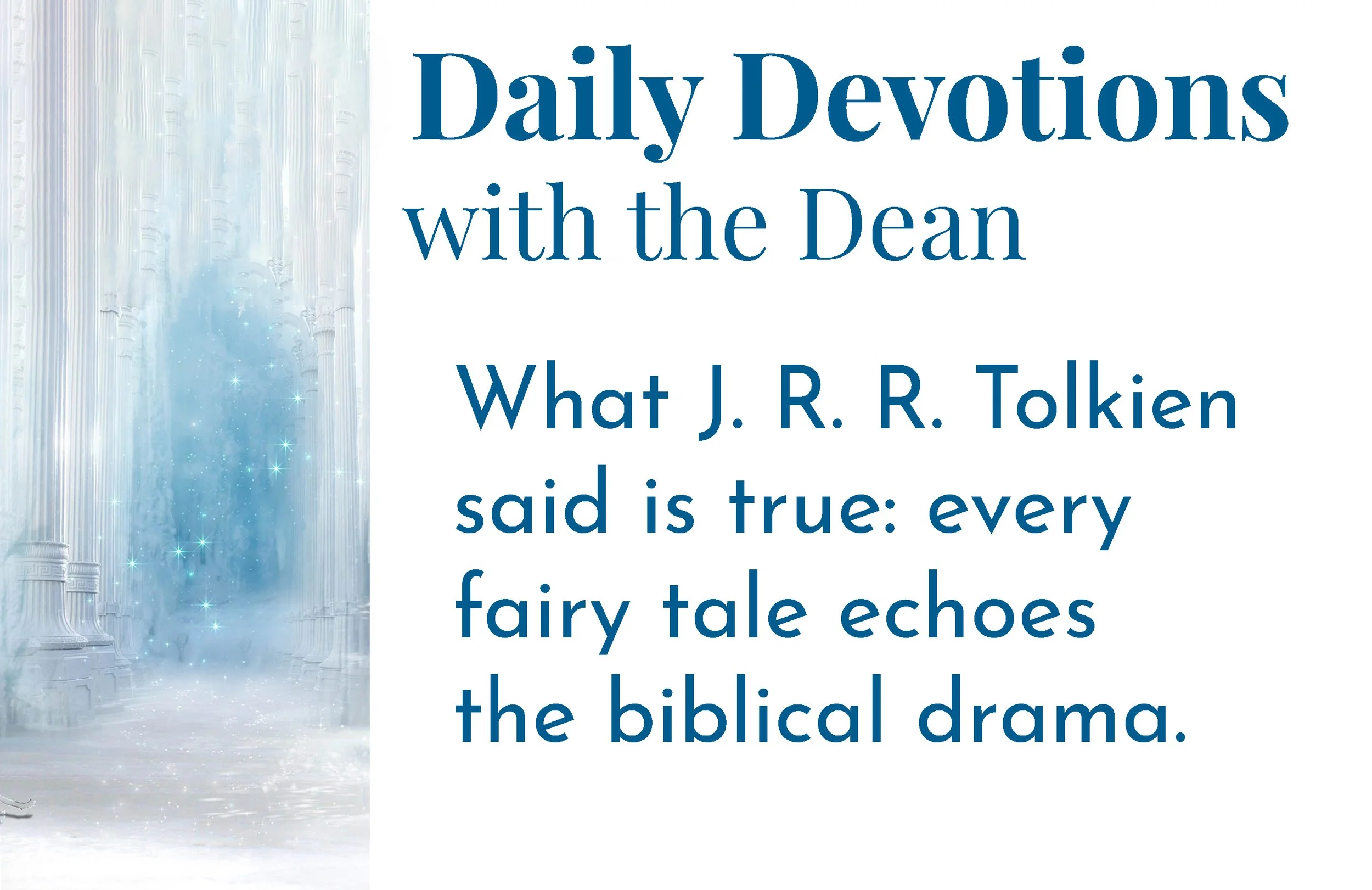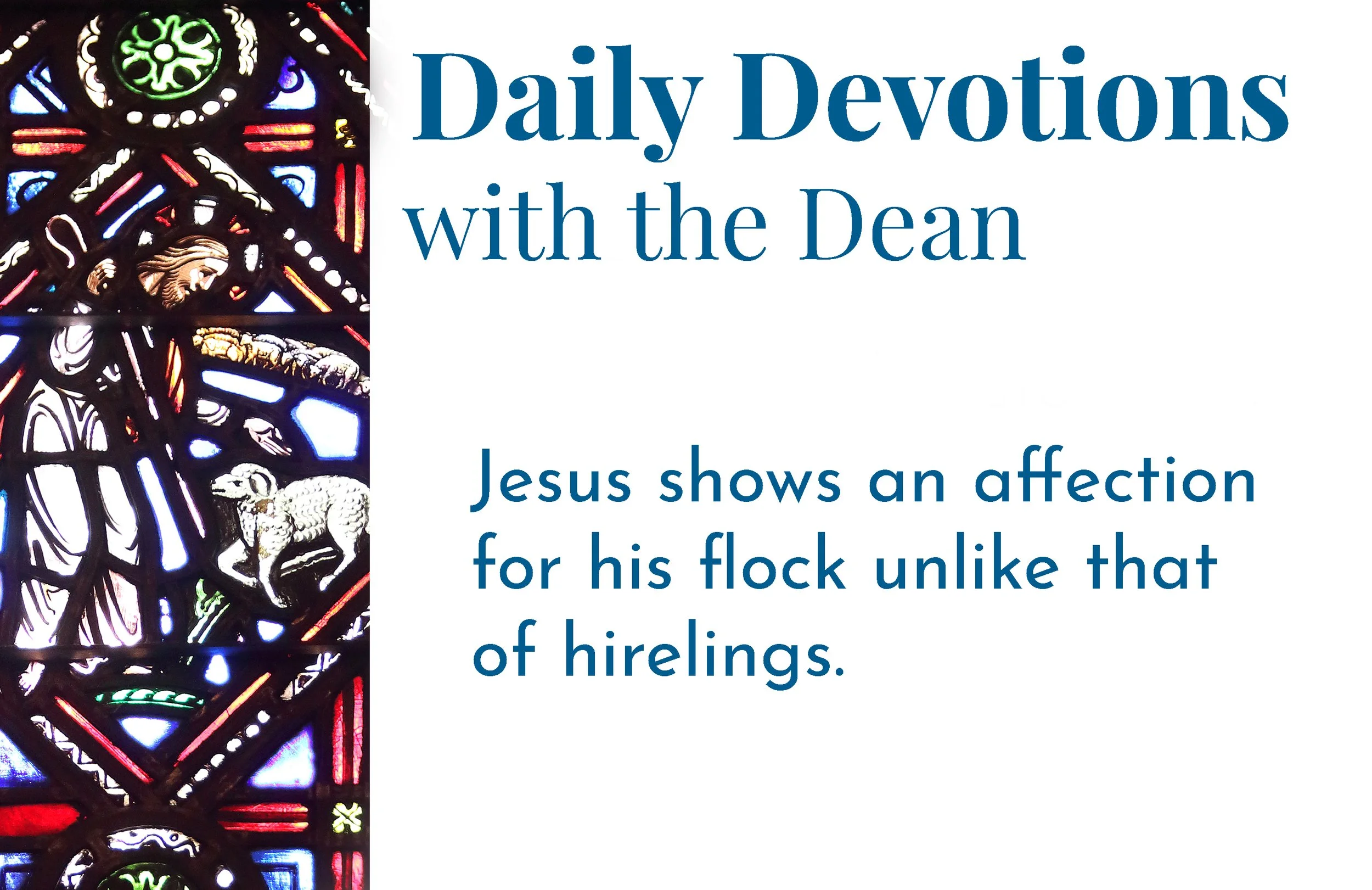Monday • 2/28/2022
Monday of Last Epiphany, Year Two
This morning’s Scriptures are: Psalm 25; Proverbs 27:1–5,10–12; Philippians 2:1–13; John 18:15–18,25–27
This morning’s Canticles are: following the OT reading, Canticle 9 (“The First Song of Isaiah,” Isaiah 12:2–6, BCP, p. 86); following the Epistle reading, Canticle 19 (“The Song of the Redeemed,” Revelation 15:3–4, BCP, p. 94)
Collect of the Day: The Last Sunday after the Epiphany: O God, who before the passion of your only-begotten Son revealed his glory upon the holy mountain: Grant to us that we, beholding by faith the light of his countenance, may be strengthened to bear our cross, and be changed into his likeness from glory to glory; through Jesus Christ our Lord, who lives and reigns with you and the Holy Spirit, one God, for ever and ever. Amen.
The Christian experience is not the stoic grey of the denial of appetite, of wanting, of desire. It is the embrace of the wild extremes of the emotional spectrum, from the joyous and radiant golds and whites of the shining sun and the ultimate satisfaction of our hearts’ deepest longings, to the mournful and shatteringly cold blacks of death’s night, a night that is darker than dark, lonelier than lonely, and laden with an eternity of sadness.
Yesterday’s lectionary readings gave us glimpses of a future that is nearly too glorious to imagine: Moses’s face temporarily lit up with the glory of God; Christ’s mountain-top transfiguration recalling his pre-existent glory and anticipating his resurrection glory; and Paul’s celebration of our progressive internal transformation into a permanent glory like that of the resurrected, ascended, and returning Christ (Exodus 34:29–35; Luke 9:28–36; 2 Corinthians 3:12–4:2).
Preparing for Ash Wednesday. In the middle of this Last Week of Epiphany stands the inescapable and unavoidable hurdle: Ash Wednesday. Ashes form a cross on our foreheads, and we hear haunting words: “Remember that you are dust, and to dust you shall return.” Remember that there’s no Transfiguration that is not preface to a Crucifixion, nor an Easter without first a Good Friday. On Ash Wednesday, we embrace the dark so we — with Christ — may step into the light. Throughout all of Lent, that is the reality that will be burned into our consciousness.
With today’s readings, we begin the Lenten journey with Paul’s exquisite hymn to Christ who laid aside his divine prerogatives, to clothe himself in our humanity, suffer a criminal’s ignominious death, and rise to claim “the name that is above every name” (Philippians 2:6–11). All this in the interest of making us into a people who care more about each other than about ourselves (Philippians 2:1–5), and in doing so become lights in a dark world (Philippians 2:15).
At the same time, today’s readings remind us that we continue to live with our frailty and fallenness:
Living with frailty. Proverbs 27 reminds us how tentative our plans must be, how unsure our grip on our own lives: “Do not boast about tomorrow, for you do not know what a day may bring” (Proverbs 27:1). And, therefore, how humble towards others we must be, and how circumspect in all our relationships: “Let another praise you, and not your own mouth—a stranger, and not your own lips. A stone is heavy, and sand is weighty, but a fool’s provocation is heavier than both. … Better is open rebuke than hidden love … The clever see danger and hide; but the simple go on, and suffer for it” (Proverbs 27:2,3,5,12).
Living with fallenness. John recounts Peter’s failure even to acknowledge the one who just hours before had washed his feet and called him friend. In doing so, John reminds us how in need of forgiveness we all remain. Peter’s three denials, happily, call forth from the resurrected Jesus a simple threefold query. Jesus doesn’t ask about whether Peter feels guilty about the past or resolute about the future. Simply this: “Do you love me? … Do you love me? … Do you love me?” (John 21:15–17). When we too, like Peter, fail, that’s all he wants to know: “Do you love me?”
Once again, from the Collect for the Day: “…may [we] be strengthened to bear our cross, and be changed into his likeness from glory to glory. … Amen.”
Be blessed this day,
Reggie Kidd+
Image: Adapted from Pixabay












